We all experience a range of emotions every day – anger, fear, disgust, happiness and sadness. Positive emotions are a key part of mental wellbeing, and research shows that being happy is good for you.
However, it’s not always possible to feel happy, and negative emotions are part of life. We wouldn’t appreciate the good feelings we have if we never felt sad or upset.
Anger, worry and sadness are a natural response to loss, disappointment, injustice or adversity. And while they might not feel very good at the time, negative emotions can help you identify problems and motivate you to make changes for the better.
Most of the time, negative feelings pass pretty quickly, particularly if the underlying problem is resolved. Some scientists believe this is due to an equilibrium system in our brain that’s designed to keep our mood positive most of the time. But sometimes negative moods can stick around and cause problems.
Prolonged negative mood can reduce your decision making and problem solving ability, and affect your relationships and day-to-day functioning. Negative emotions can also signal the beginning of depression, anxiety or other serious mental health conditions.
Because your emotions are central to your mental wellbeing, monitoring and regulating how you’re feeling can help you deal with negative moods and keep yourself in a positive frame of mind – at least most of the time.
Mood monitoring
One of the first steps in staying on top of negative emotions is learning how to recognise them. Because your feelings are part of you, you’re not always consciously aware of them, and negative feelings can slowly build up without you realising.
![]()
Learning to monitor your mood is important. Mood monitoring helps you to reflect on how you’re feeling, and to recognise and react to persistent negative emotions.
You’ve got plenty of options for recording your mood – simply by paying attention to the way you feel, keeping a diary, or by using an online program or app.
You don’t need to focus on your emotions every minute of the day. Instead, just try and be in touch with how you’re feeling generally – and how that changes - so that you notice when things are heading in the wrong direction.
If you’re concerned that your mood is persistently negative or your stress levels are constantly high, it’s important to take prompt action. These feelings don’t automatically mean you’re heading towards a mental health condition, but it doesn’t hurt to nip things in the bud.
Activating or ramping up your mental wellbeing strategies rather than letting things spiral downwards is a positive move – regardless. And if you are experiencing a mental health condition, it’s important to seek advice and assistance as soon as possible, as early treatment improves recovery.
Helpful thinking
How we think has a powerful influence on how we feel and behave. Clinical psychologists have used this understanding to develop a powerful form of psychological therapy called cognitive behaviour therapy, or CBT. CBT is one of the most widely used psychological therapies. It’s effective for conditions as diverse as depression, anxiety, alcohol and drug addiction, eating disorders, schizophrenia, and others.

Research has also shown that certain CBT strategies can also help prevent certain mental health conditions.
The logic behind CBT
Most people believe that their feelings are caused by what happens to them – winning a lottery makes you feel happy, failing an exam makes you feel sad, for example. But CBT points out that it’s not just what happens to you that matters, how you think about it also has a major impact on your feelings.
CBT demonstrates this by pointing to the fact that two people who experience the exact same event can have completely different emotional reactions to it because of their different beliefs about the meaning and significance of the experience.
One person may fail an exam and think it shows they are ‘stupid’ and a ‘complete failure’. Another person may fail an exam and think they are capable but didn’t perform at their best on the day. The first person is likely to feel sad and demoralised. The second is likely to feel annoyed but uses the experience to learn and motivate themselves to do better next time.
Research shows that certain types of inaccurate thinking can contribute to conditions such as depression or anxiety. Some of these unhelpful thought patterns are listed below.
NEGATIVE AUTOMATIC THOUGHTS
CHARACTERISTIC FEATURES
Learning to recognise and reframe unrealistic or exaggerated thought patterns can help you improve your emotional wellbeing. It’s particularly important to recognise and manage self-blame, self-criticism and self-doubt – three very common and very powerful contributors to poor mental health.
Problem solving
Another helpful CBT strategy is structured problem solving. This technique helps you to find solutions to problems in your life using the following steps:
Step 1: Create a list of the things that are causing you stress. Try to define the problems in very specific terms and really nail down exactly what the issue is.
Step 2: Rank your problems in order of priority – whether it’s how much stress they’re causing, how urgent they are, or how easy they are to solve. It’s your choice.
Step 3: Choose the top problem and start brainstorming solutions. It’s important to list everything you can think of, no matter how silly you think it might sound at first.
Step 4: Write down the pros and cons for each solution you’ve come up with.
Step 5: Choose the best solution (or the least worst) and give it a go.

While structured problem solving may not help you to completely resolve every problem you encounter in life, it can help you to work things through logically – rather than relying on gut-feel.
Gratitude
As we go through life, we’re supported by countless people and experience many good things along the way. While it’s easy to take these things for granted, psychologists have found that reflecting on the positive things in your life and giving thanks to people that have helped you can boost your mental wellbeing.

Expressing gratitude to others can be done in lots of different ways – from a sincere ‘thank you’, to an email, letter or card telling a person that you appreciate them. It makes you both feel good, helps to strengthen the bonds between people, and builds better and stronger relationships.
Expressing gratitude for the things that you have in life can be as simple as reminding yourself of positive experiences or keeping a gratitude diary where you write down two or three good things that happened to you during the day and why they were important to you.
However, it’s important to acknowledge that it’s not easy to see the positives or stop and give thanks when you’re struggling to make ends meet or problems keep piling up. In these circumstances, practical support and other mental wellbeing strategies are probably more helpful. While it’s good for your mental wellbeing, there’s a time and a place for gratitude and giving thanks sometimes has to wait.
Mindfulness
Life can be hectic. Nowadays we’re all trying to juggle multiple responsibilities and we’re constantly bombarded by information from all directions. When too many things compete for our time and attention we can get overloaded. Attention overload can reduce our mental wellbeing – so it’s important to give your brain a breather from time to time.

Mindfulness meditation is one way to do this. Mindfulness meditation first attracted attention in mental health when it was shown to prevent relapses among people affected by depression. It has since been found to improve mental wellbeing and reduce stress. More recently, there is evidence it can prevent conditions like depression from developing in the first place.
Mindfulness meditation is about focusing on the present moment. You could try sitting quietly and focusing on your breathing, being outdoors and paying close attention to your surroundings, or immersing yourself in a task. Paying attention to your body and what’s around you can keep you grounded in the moment and help you to stop thinking about the million things on your plate. It can refresh your mind and help you focus on the things that are important to you.



